There has been intense speculation over Covishield’s safety after AstraZeneca admitted its COVID-19 vaccine caused a rare side effect. Now an observational study on India-made Covaxin pointed out that nearly a third of participants reported adverse events of special interest (AESI) like viral upper respiratory tract infections and skin disorders. Who is at risk? read more
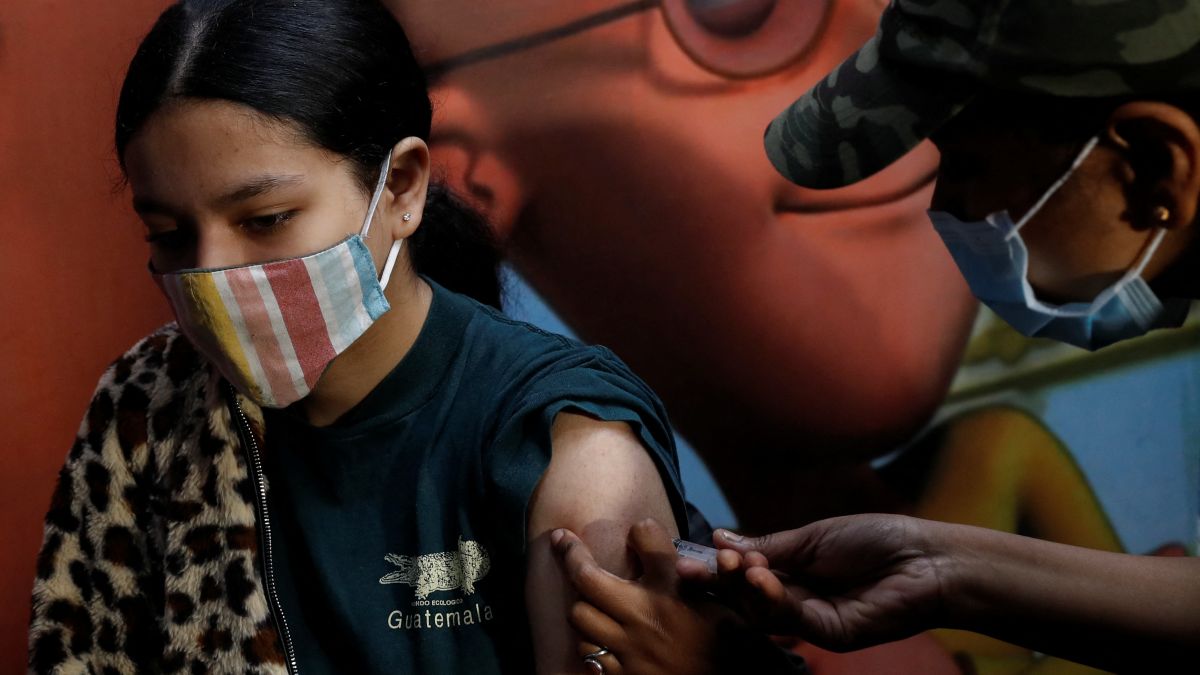)
A girl receives a dose of the Covaxin coronavirus disease vaccine manufactured by Bharat Biotech, during a vaccination drive in New Delhi. File photo/Reuters
Covishield vs Covaxin? Which is a better, safer vaccine? The debate has been going on since the pandemic days, and both the jabs are now under scrutiny.
Days after AstraZeneca admitted that its jab causes a rare side effect, it was withdrawn from across the world . That raised questions about the safety of Covishield, the AstraZeneca-Oxford Institute shot, produced in India by the Serum Institute of India . Now it is Bharat Biotech’s Covaxin that is in the spotlight.
A new study reveals adverse events in some participants who took the India-made jab. We explain what that means.
What did the study on Covaxin reveal?
A report on SpringerLink, an integrated platform for journals and other materials published by Springer Researchers, published an observational study on the side effects of Bharat Biotech’s COVID-19 vaccine. Nearly a third of the participants reported adverse events of special interest (AESI), the research found, according to a report in The Economic Times (ET). Female adolescents and those with a history of allergy are at a higher risk of AESI after receiving Covaxin, it said.
The study was conducted by Dr Sankha Shubhra Chakrabarti and his team at Banaras Hindu University (BHU). It found that a majority of the AESI persisted at the one-year follow-up.
Finally our long term safety data of BBV152 vaccine is onlinehttps://t.co/7JtLXMl96o
— Dr Sankha Shubhra Chakrabarti (@sankha_shubhra) May 14, 2024What adverse events does the vaccine cause?
One thousand and twenty-four individuals enrolled for the research. Of these 635 adolescents and 291 adults could be contacted during the one-year follow-up.
Viral upper respiratory tract infections were reported by 304 (47.9 per cent) adolescents and 124 (42.6 per cent) adults in this period. New-onset skin and subcutaneous disorders (10.5 per cent), general disorders (10.2 per cent), and nervous system disorders (4.7 per cent) were the common AESIs in adolescents, the research revealed.
General disorders (8.9 per cent), musculoskeletal disorders (5.8 per cent), and nervous system disorders (5.5 per cent) were the common AESIs in adults. Menstrual abnormalities were noticed in 4.6 per cent of female participants. Ocular abnormalities and hypothyroidism were observed in 2.7 per cent and 0.6 per cent of participants, respectively. Among serious AESIs (one per cent), stroke and Guillain–Barre syndrome were identified in 0.3 per cent and 0.1 per cent of participants, respectively.
Among the participants, adolescents, female individuals, and those with a history of allergy and post-vaccination typhoid were at a higher risk of AESIs. Adults with co-morbidities had more than two times higher odds of AESIs and persistent AESIs.
Also read: AstraZeneca vaccine’s side effects. Why Covishield takers shouldn’t worry
What is AESI?
AESI (an adverse effect of special interest) is a pre-specified medically significant event that has the potential to be causally associated with a vaccine product that needs to be carefully monitored and confirmed by further special studies, according to the World Health Organization (WHO).
It is identified through active vaccine safety surveillance systems if there is: 1) proven association with immunisation that is true for most, if not all vaccines. 2) proven association with a known vaccine or adjuvant that is being used in any COVID-19 vaccine 3) theoretical concern based on immunopathogenesis of COVID-19 disease 4) theoretical concern related to viral replication during COVID-19 infection 5) theoretical concern because it has been demonstrated in an animal model with one or more candidate vaccine platforms.
Is there a reason to worry? What does the study conclude?
The patterns of adverse events developing after Covaxin differed from those reported with other COVID-19 vaccines, as well as between adolescents and adults, the study said.
“With the majority of AESIs persisting for a significant period, extended surveillance of COVID-19-vaccinated individuals is warranted to understand the course and outcomes of late-onset AESIs. Serious AESIs might not be uncommon and necessitate enhanced awareness and larger studies to understand the incidence of immune-mediated phenomena post-COVID-19 vaccination,” the researchers concluded.
“The relationship of AESIs with sex, co-morbidities, pre-vaccination COVID-19, and non-COVID illnesses should be explored in future studies,” it added.
What has Bharat Biotech said?
The company has not commented on the study.
However, after AstraZeneca admitted the rare side effect, the Hyderabad-based Bharat Biotech said that Covaxin was developed with a single-minded focus on safety first. It underlined that Covaxin was the only COVID-19 vaccine in the Indian government’s COVID-19 immunisation programme to have conducted efficacy trials in India.
“Covaxin was evaluated in more than 27,000 subjects as part of its licensure process. It was licensed under restricted use in clinical trial mode, where detailed safety reporting was carried out for several hundred thousand subjects,” the vaccine manufacturer said in a statement released on 2 May.
@bharatbiotech announcement - #COVAXIN was developed with a single-minded focus on #safety first, followed by #efficacy. #BharatBiotech #COVID19 pic.twitter.com/DgO2hfKu4y
— Bharat Biotech (@BharatBiotech) May 2, 2024“As seasoned innovators and product developers, the Bharat Biotech team was well aware that, while the efficacy of COVID-19 vaccines may be short-lived, the impact on patient safety could last a lifetime. Hence safety is the primary focus for all our vaccines,” it added.
According to information available on Bharat Biotech’s portal, severe allergic reactions may very rarely occur after getting a dose of Covaxin. “These may not be all the possible side effects of Covaxin. Serious and unexpected side effects may occur,” it stated, reports The Times of India.
What is the controversy surrounding Covishield?
Weeks ago, global pharmaceutical giant AstraZeneca admitted that its COVID-19 vaccine could lead to low platelet counts and formation of blood clots in “very rare cases”. It accepted a link between the vaccine and Thrombosis with Thrombocytopenia Syndrome (TTS) , a medical condition characterised by abnormally low levels of platelets and the formation of blood clots.
Last week, reports emerged that AstraZeneca was withdrawing its vaccine worldwide for commercial reasons. It would no longer be manufactured or supplied as there are newer vaccines, which can target newer COVID-19 variants. The company has insisted the decision to withdraw the vaccine is not linked to the court case or its admission that it can cause TTS.
In India, Covishied was widely administered during the pandemic and reportedly 1.75 billion (175 crore) doses were delivered.
With inputs from agencies

 4 months ago
38
4 months ago
38

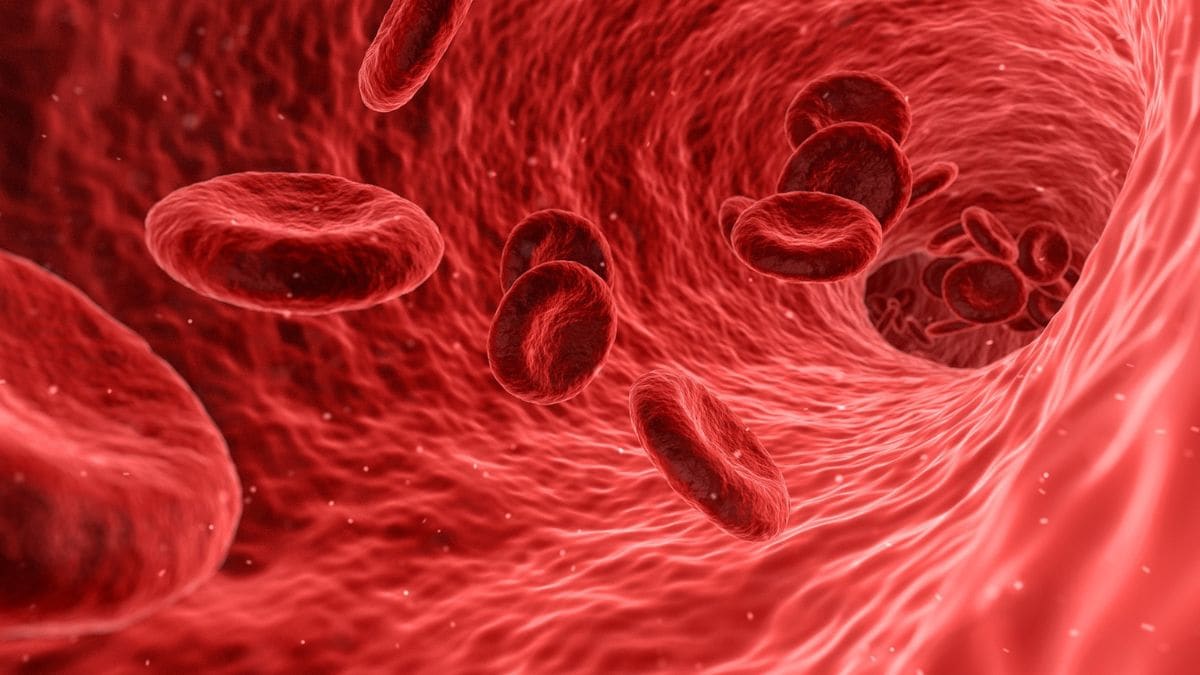
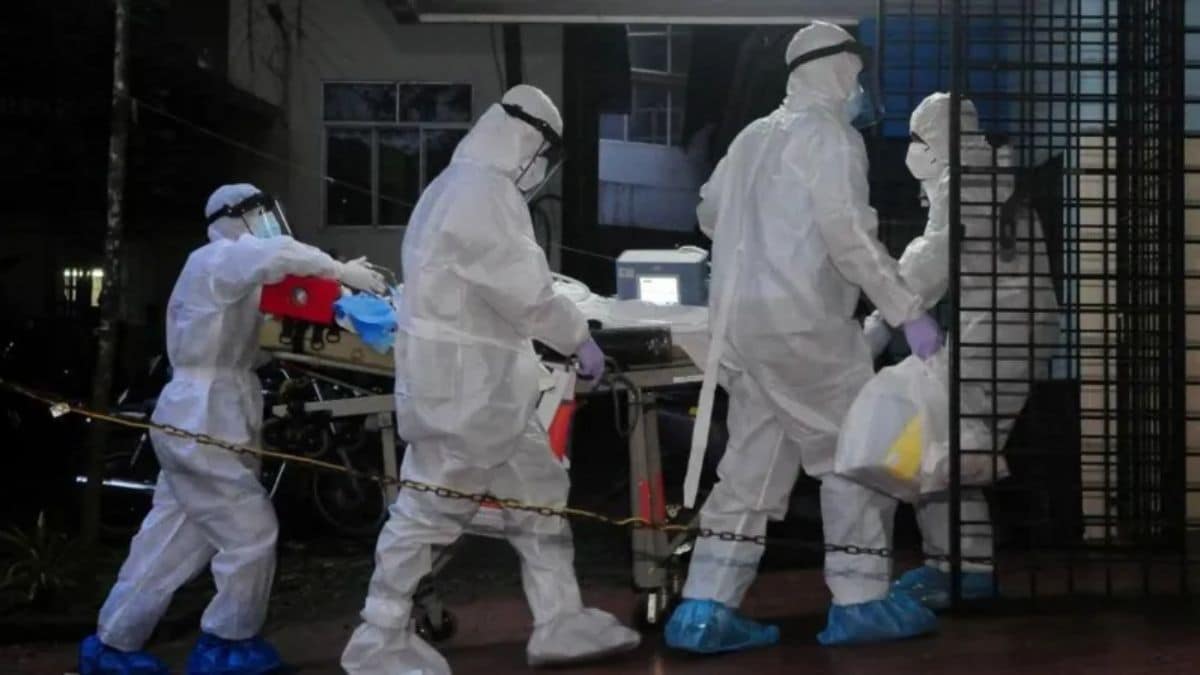
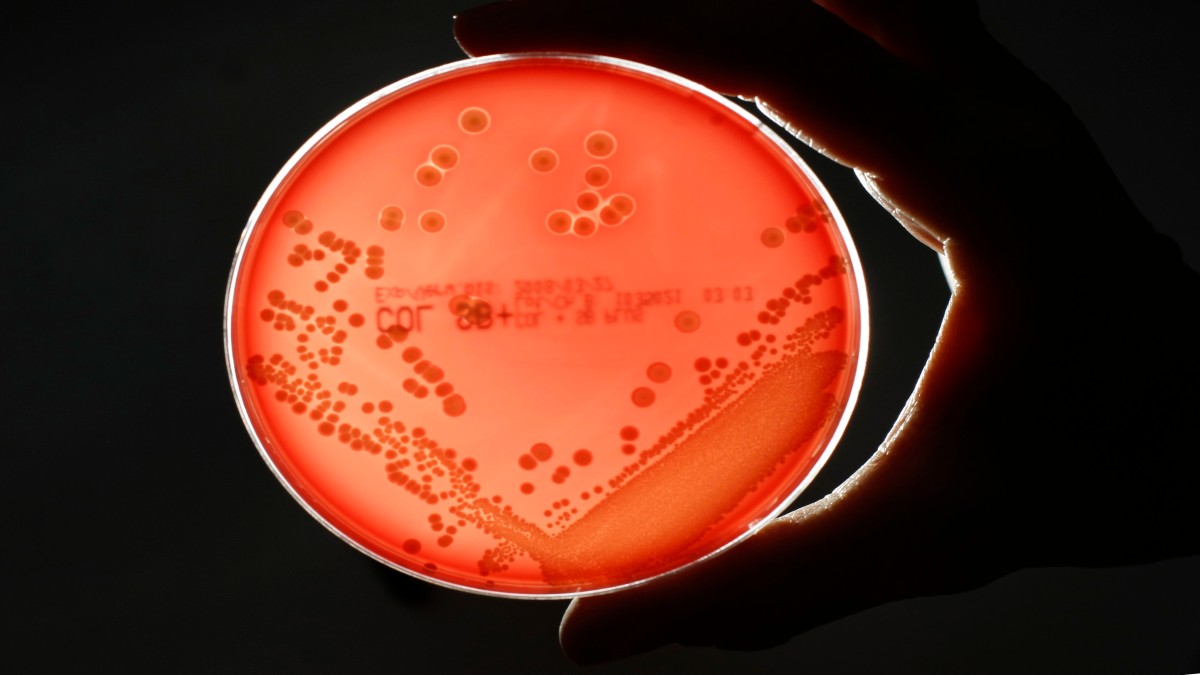
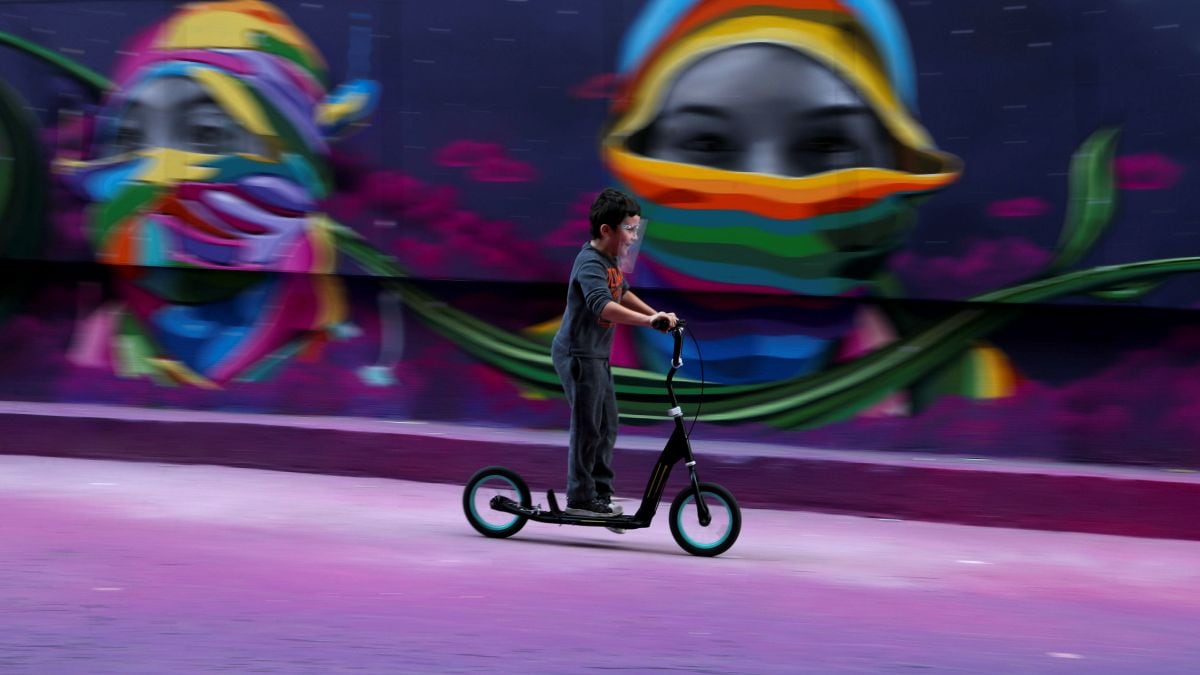

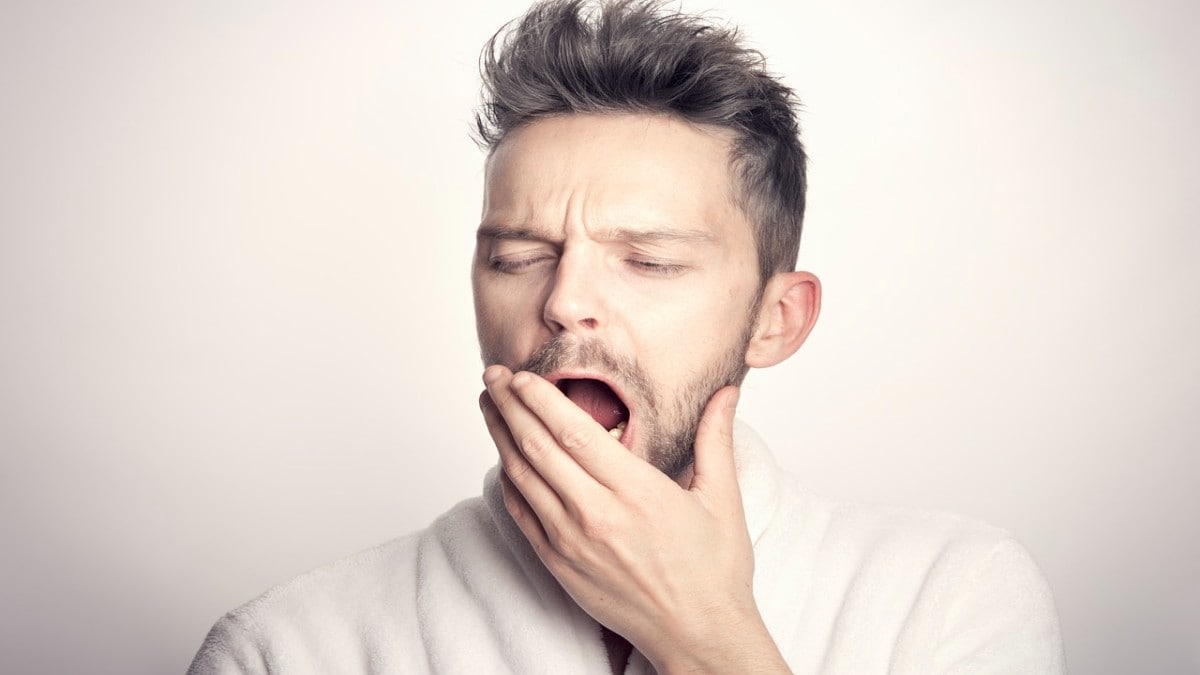
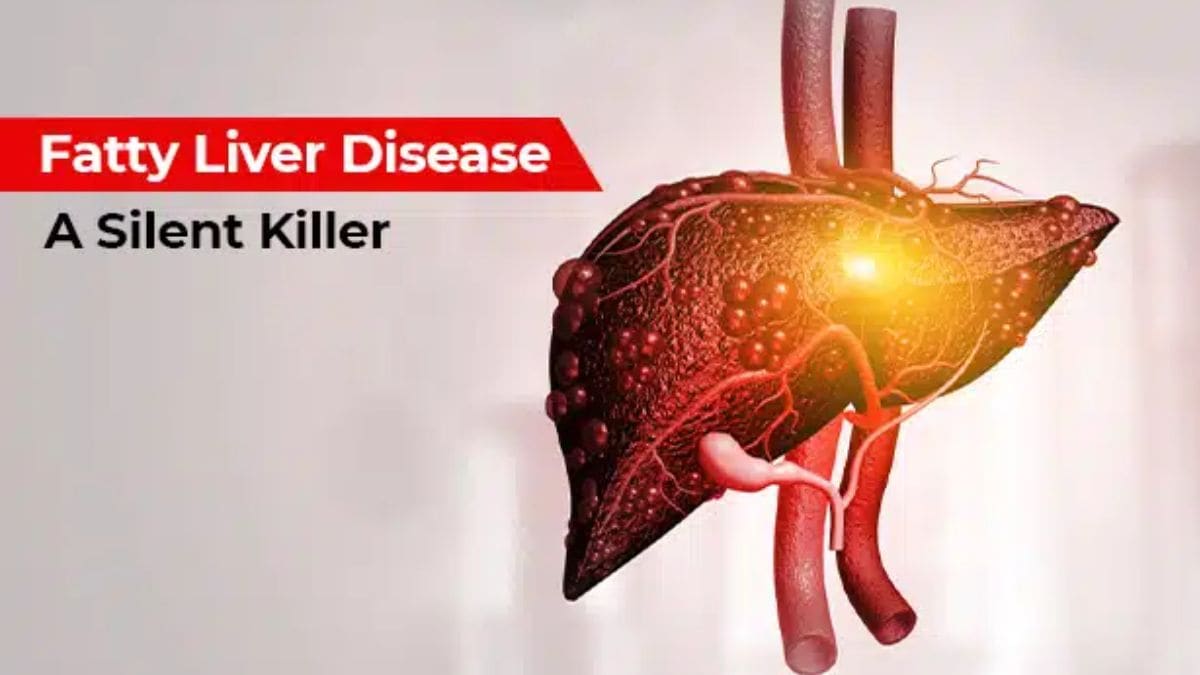
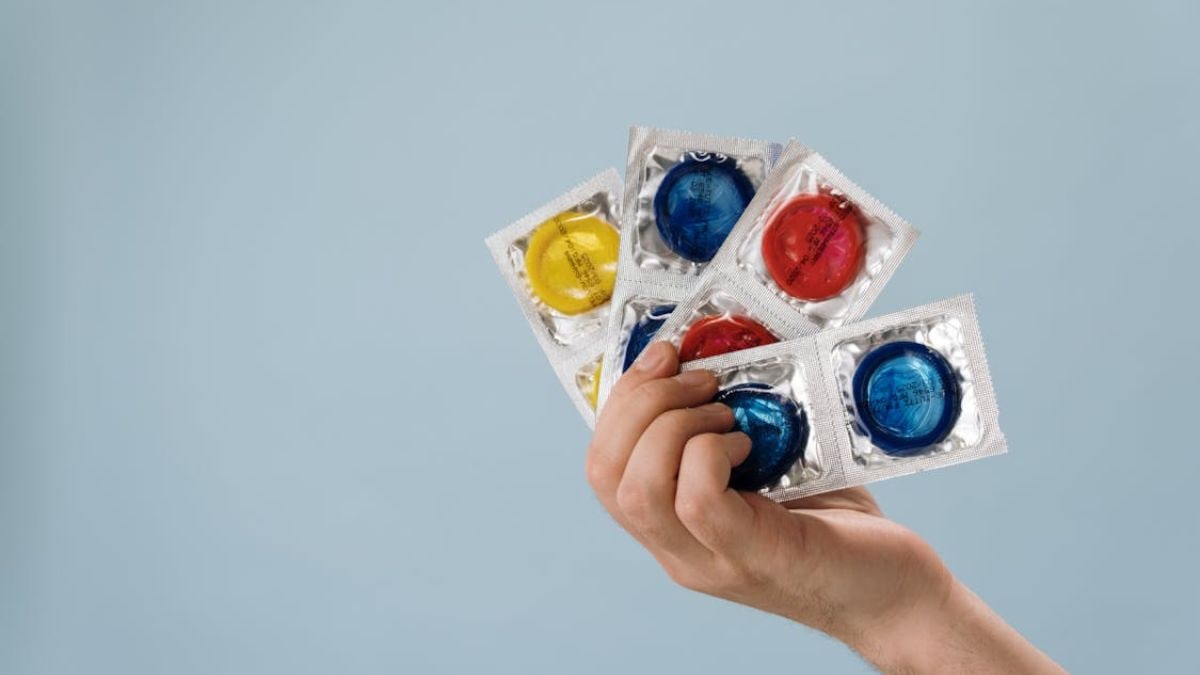
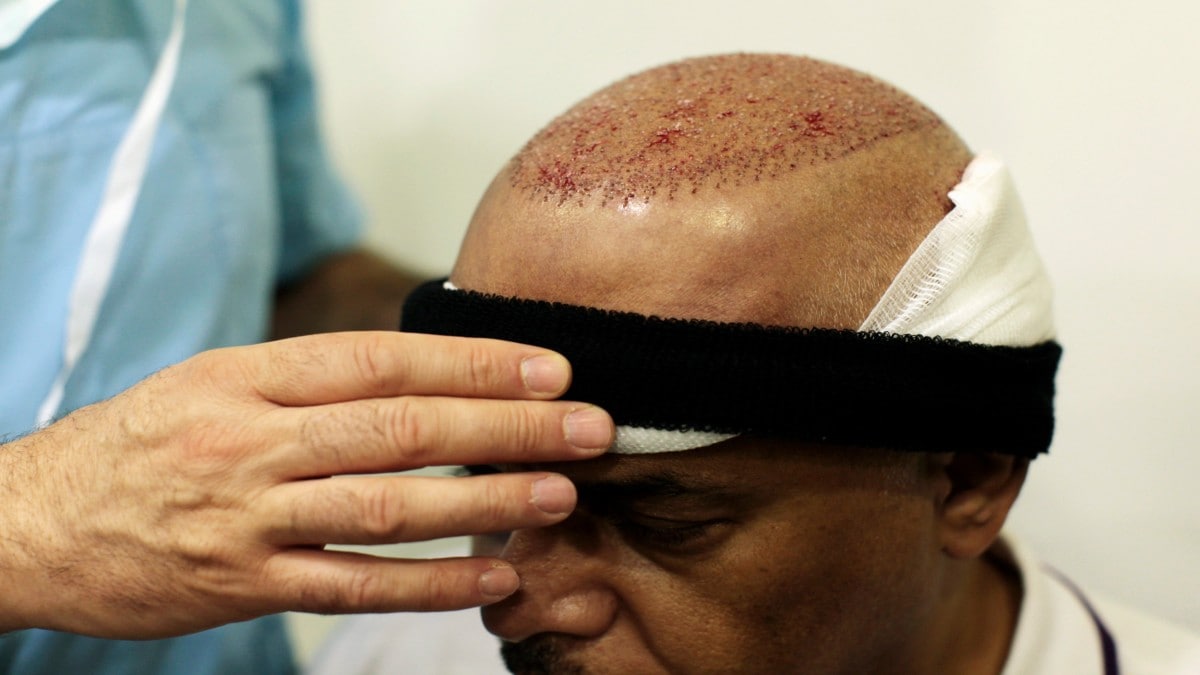

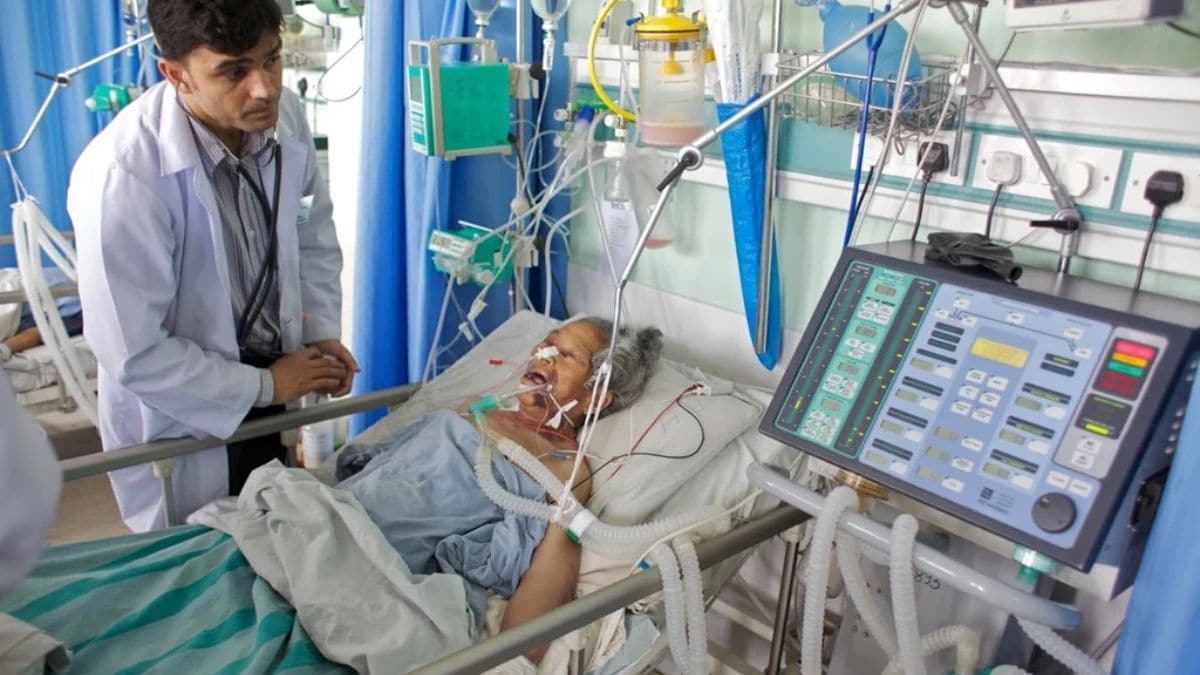
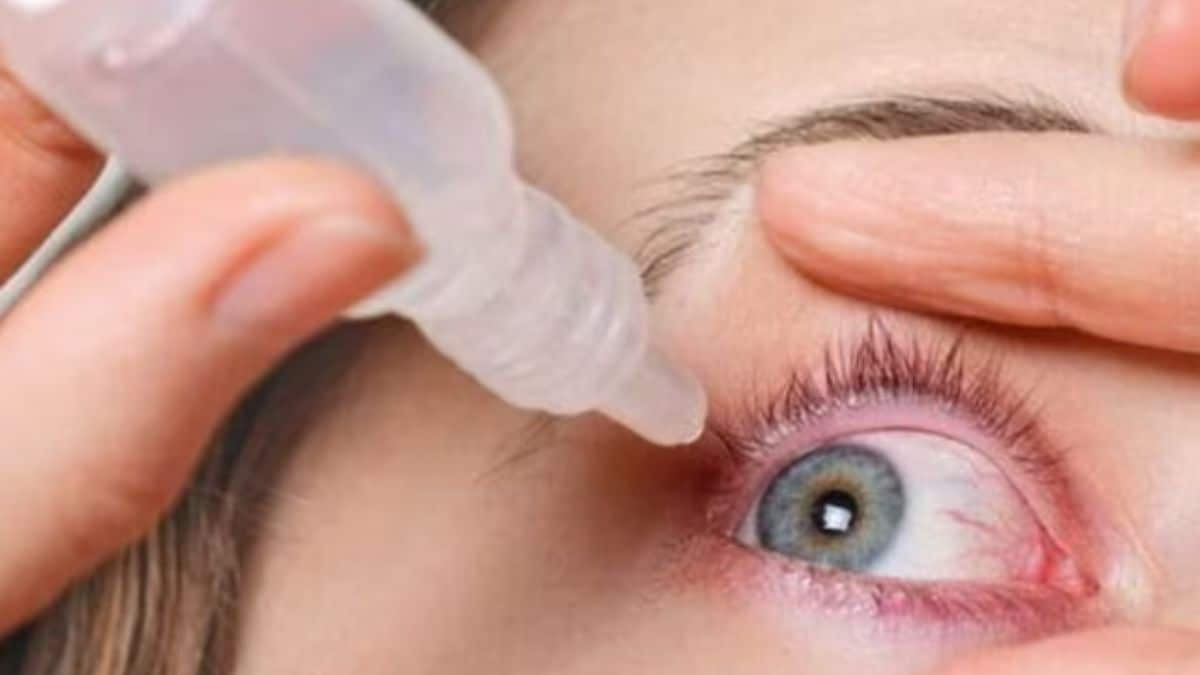

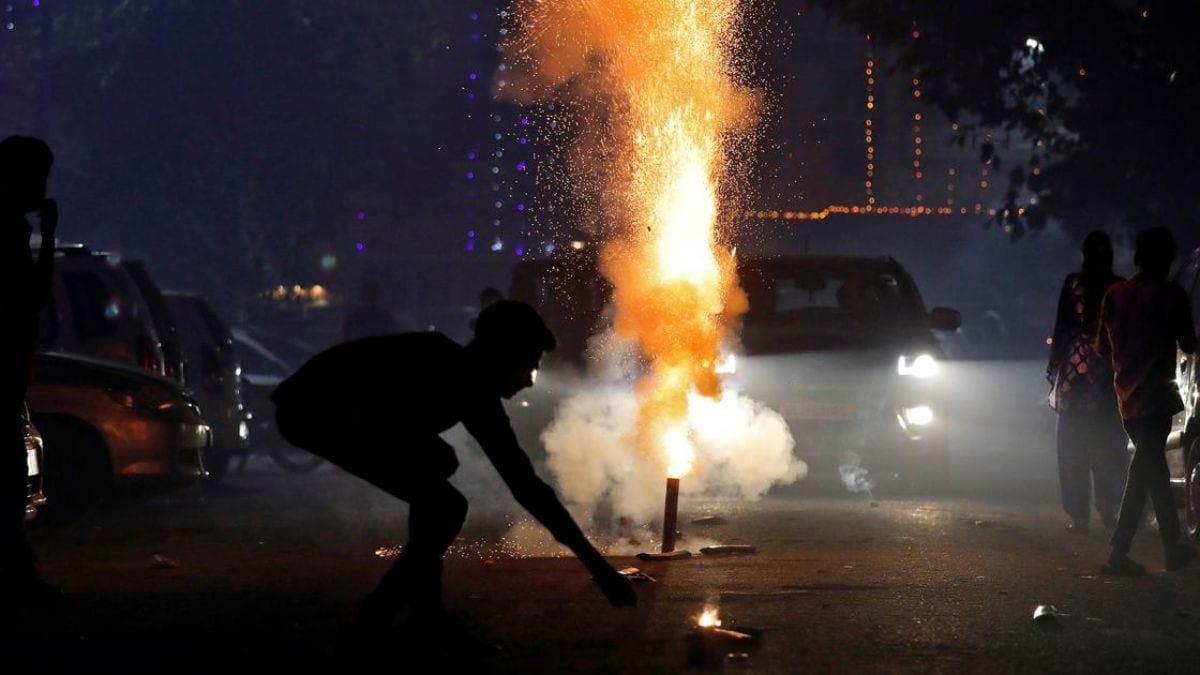
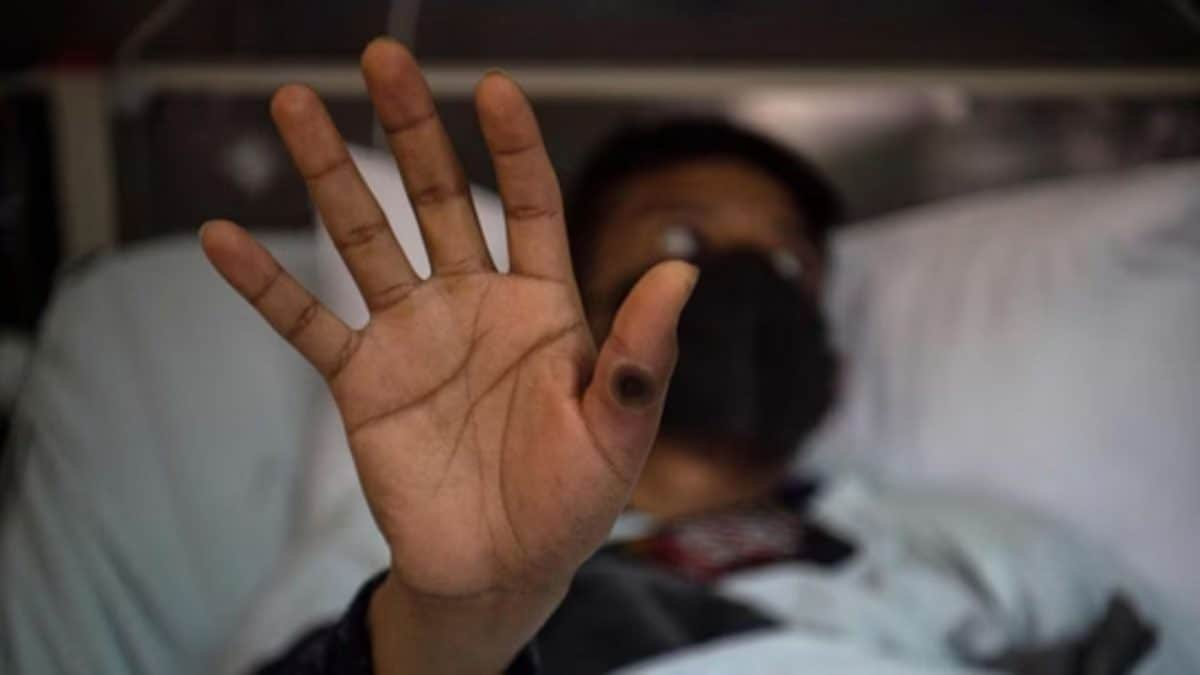
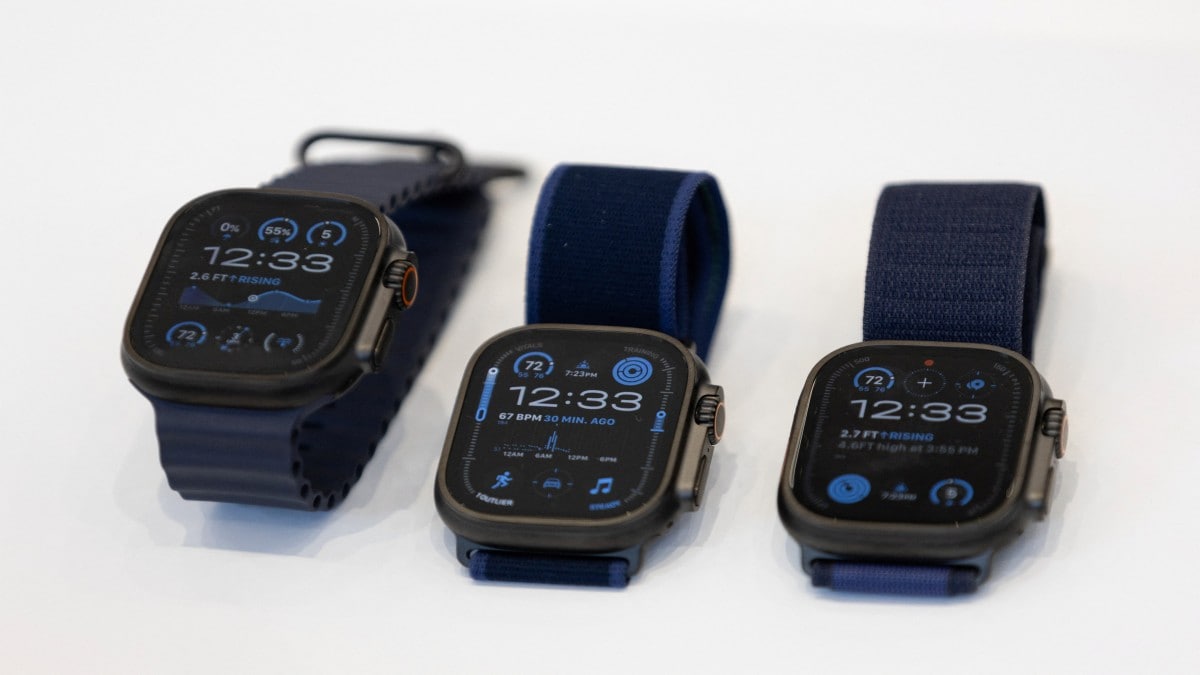

)
)
)
)
)
)
)
 English (US) ·
English (US) ·